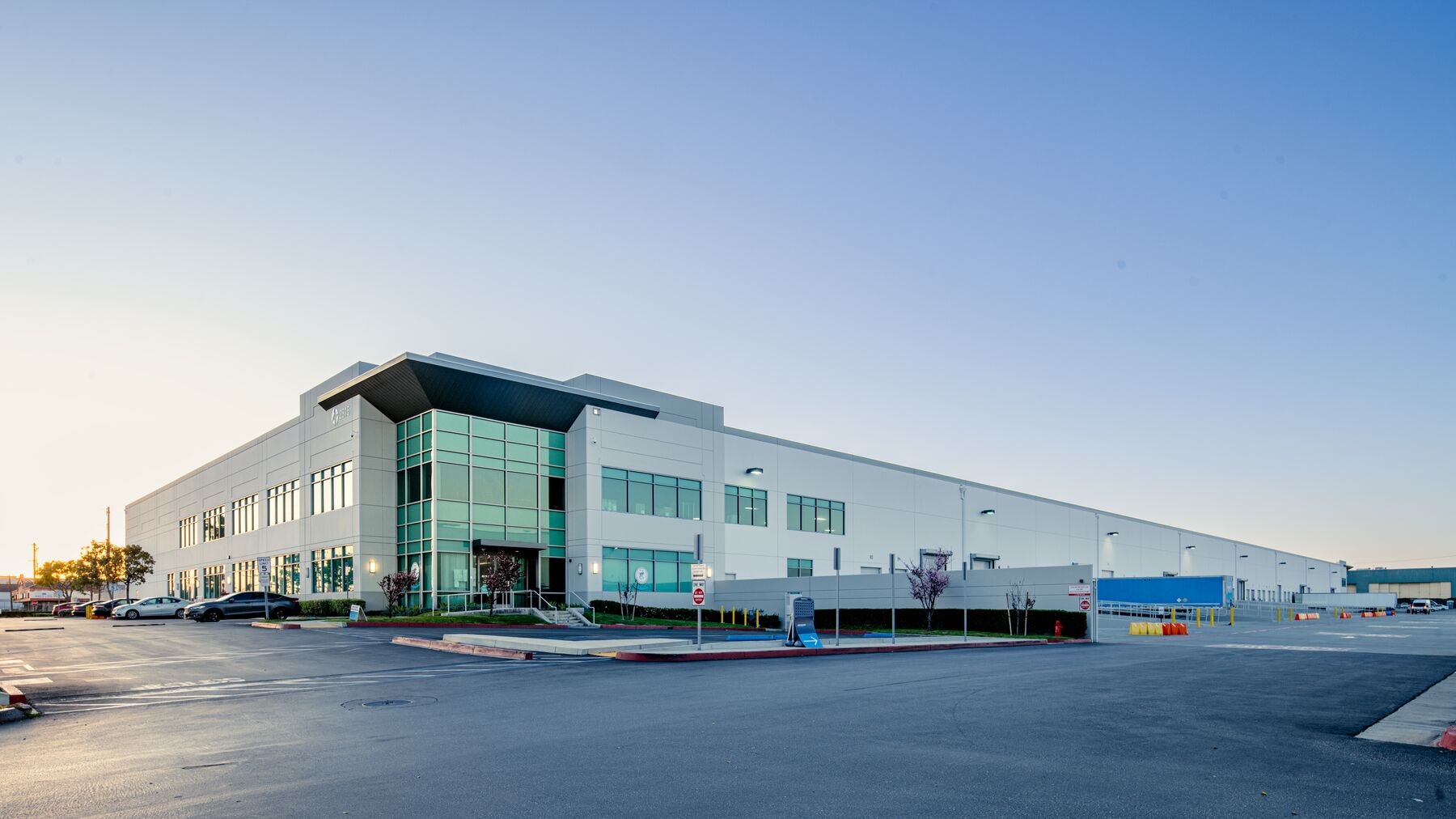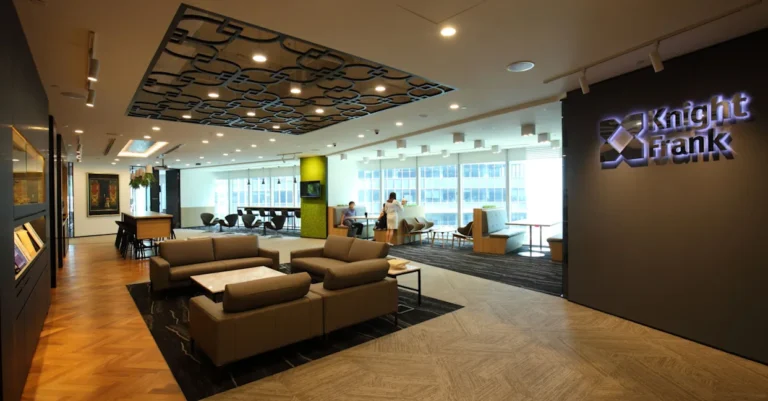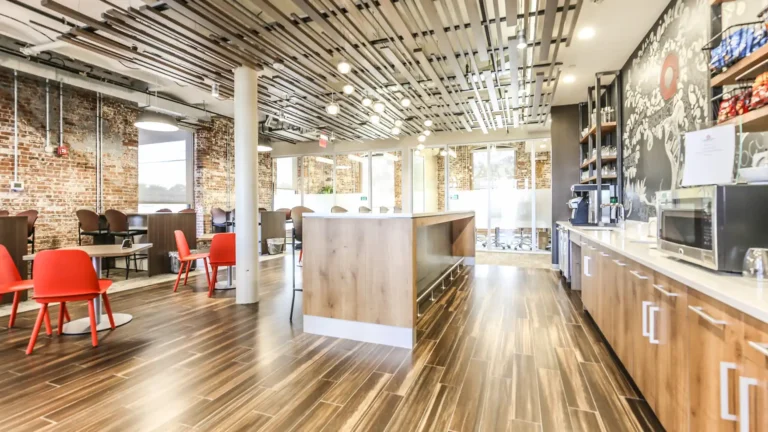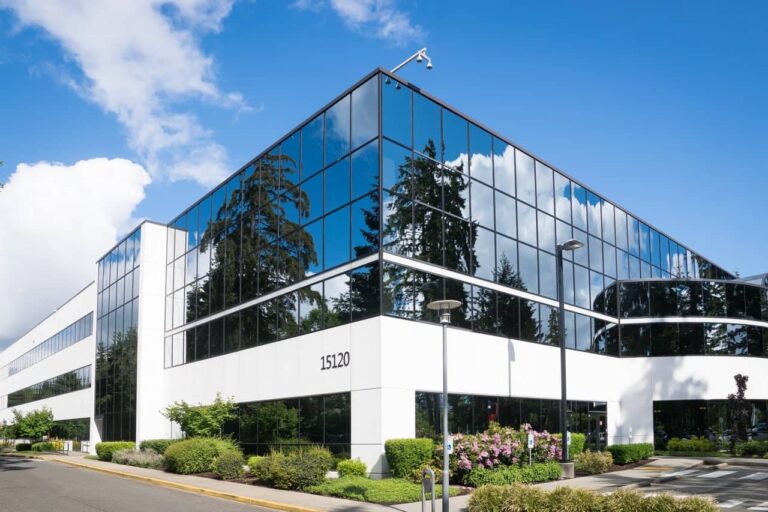Corporate Real Estate for Sale Your Complete 2025 Guide to Investing in Business Properties
Corporate Real Estate for Sale to commercial properties used by businesses for operations, including office buildings, headquarters, warehouses, and retail spaces. In 2025, the demand for corporate properties has surged as organizations seek stable investment opportunities and long-term growth assets.
Corporate real estate for sale typically includes a wide range of property types, such as single-tenant offices, multi-tenant business complexes, and mixed-use developments. Investors often choose these assets for consistent rental income, appreciation potential, and portfolio diversification.
The Market Outlook for 2025
The global corporate real estate market continues to expand, driven by hybrid work models, logistics demand, and corporate expansion. Companies are increasingly purchasing properties instead of leasing to gain financial stability and control over operational costs. Emerging business hubs like Austin, Toronto, and Singapore show record-high demand for high-quality corporate properties.
Benefits of Investing in Corporate Real Estate

Investing in corporate real estate offers long-term financial advantages and operational benefits for companies and investors alike.
Stable Income and Long-Term Appreciation
Corporate tenants often sign long leases, ensuring stable income streams. As businesses grow, properties in prime locations appreciate significantly over time, providing investors with capital gains.
Asset Diversification and Tax Benefits
Corporate properties diversify portfolios, balancing risk between equities and real assets. Additionally, investors can benefit from tax deductions on depreciation, mortgage interest, and operational costs.
Control and Brand Identity
Owning corporate real estate gives companies greater control over their facilities and strengthens brand identity. Custom-designed headquarters can enhance workplace culture and attract top talent.
Top 5 Corporate Real Estate Properties for Sale in 2025
1. Corporate Tower New York

Located in Midtown Manhattan, Corporate Tower New York is a 45-story commercial building offering premium office spaces for multinational corporations.
The property includes energy-efficient systems, advanced security technology, and panoramic city views. Investors benefit from high rental yields due to constant demand in the financial district.
Benefits:
This property is ideal for companies seeking a prestigious location to strengthen their brand image. Its modern design and LEED certification appeal to eco-conscious organizations looking to meet sustainability goals.
2. Austin Business Park
Austin Business Park is a 20-acre corporate complex featuring flexible office layouts and ample parking. The site attracts tech startups and established firms seeking a cost-effective alternative to California markets.
Benefits:
Located in a rapidly growing tech corridor, this business park offers scalability for expanding enterprises. Low property taxes and state incentives make it attractive for long-term investment.
3. Toronto HQ Corporate Center

Toronto HQ Corporate Center features 15 floors of modern workspace with integrated AI-based building management systems.
The property includes meeting pods, wellness zones, and EV charging stations, aligning with modern workplace trends.
Benefits:
This investment offers exposure to Canada’s strong real estate market, supported by low vacancy rates and a robust business ecosystem. It’s a future-proof option for investors prioritizing sustainability and technology.
4. Singapore Corporate Campus
This 10-hectare corporate campus in Singapore provides mixed-use functionality, including office, retail, and leisure facilities. With smart energy management and fiber connectivity, it represents Southeast Asia’s innovation-driven corporate landscape.
Benefits:
The location near Changi Business Park ensures accessibility and networking opportunities. Singapore’s strong regulatory environment enhances investor confidence and capital security.
5. Los Angeles Logistics Center
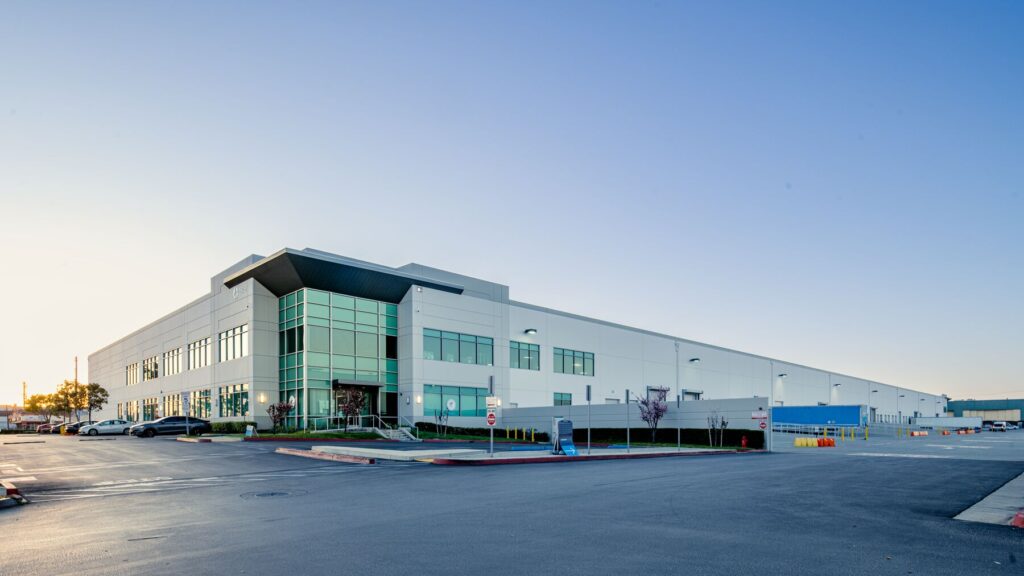
Designed for large-scale corporate logistics operations, this 200,000 sq. ft. facility offers high ceilings, automated warehousing systems, and prime access to major highways and ports.
Benefits:
Perfect for corporations in e-commerce and manufacturing, this property ensures efficient distribution and reduced operational costs. Demand for logistics spaces remains high, making it a lucrative long-term investment.
How to Buy Corporate Real Estate
Purchasing corporate real estate involves careful planning, due diligence, and understanding of market trends.
Step 1: Define Objectives
Determine whether the property will be for direct business use, rental income, or long-term capital appreciation. Each goal influences the ideal property type and location.
Step 2: Financial Planning and Loan Approval
Obtain pre-approval for financing or assess your company’s capital budget. Corporate properties typically require higher down payments than residential assets.
Step 3: Work with Real Estate Advisors
Engage commercial brokers and legal experts who specialize in corporate acquisitions. They can assist with valuation, negotiation, and compliance with zoning regulations.
Step 4: Conduct Due Diligence
Inspect the building’s condition, verify title ownership, and review lease agreements if tenants are involved. This ensures a transparent and secure transaction.
Step 5: Close and Manage the Asset
Once purchased, consider hiring property management services to maintain the asset, manage tenants, and optimize operational efficiency.
Buy Now Options:
Use Cases: Why Businesses Need Corporate Real Estate
Corporate real estate solves multiple operational and strategic challenges for businesses.
Operational Control
Owning a property allows companies to customize their space for maximum productivity—reducing dependence on landlords and rent fluctuations.
Financial Growth
Businesses gain from equity appreciation and can use real estate assets for financing or expansion.
Brand and Talent Advantage
A signature headquarters enhances the company’s reputation and helps attract skilled professionals who value quality workspaces.
Frequently Asked Questions
Q1. What is the difference between corporate real estate and commercial real estate?
Corporate real estate typically refers to properties owned and occupied by businesses, while commercial real estate includes any income-generating property, such as retail centers, hotels, and office spaces, leased to tenants.
Q2. Is corporate real estate a good investment in 2025?
Yes. With stable demand, long lease terms, and asset appreciation, corporate properties remain a reliable investment choice for institutional and private investors.
Q3. Can small businesses invest in corporate real estate?
Absolutely. Many small enterprises purchase smaller office units or shared business spaces to build equity instead of paying rent.
